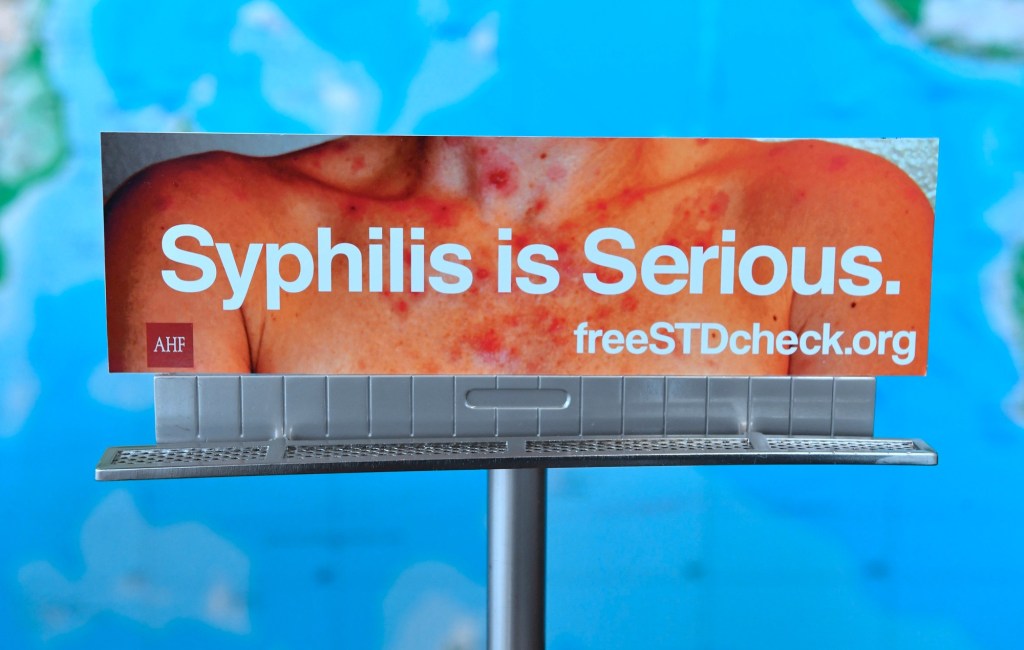States are seeing an alarming surge in cases of congenital syphilis, a preventable infection that can lead to miscarriage, stillbirth, newborn death — or lifelong complications such as blindness or deafness.
Congenital syphilis, which occurs when a pregnant mother infected with the sexually transmitted infection syphilis passes it on to her fetus, disproportionately affects Black and Indigenous babies. It has seen a steady rise over the past decade, and during the pandemic between 2020 and 2021, cases rose 32%, from 2,157 to 2,855, according to the federal Centers for Disease Control and Prevention.
That’s about eight times the 358 babies born with the infection in 2011.
Across the nation, the congenital syphilis rate was highest in states in the South and Southwest. In 2021, Arizona had the highest rate, at about 232 cases per 100,000 births, followed by New Mexico (205), Louisiana (191), Mississippi (182) and Texas (182).
Nationwide in 2021, 102 babies born to American Indian and Alaska Native mothers had congenital syphilis — giving that group the highest rate, at about 385 per 100,000 births, followed by 29 Native Hawaiian and Pacific Islander babies, at a rate of 192 per 100,000.
Babies born to Black mothers had the highest number of overall cases, 885, or nearly 170 per 100,000 births, and those born to Hispanic or Latino mothers saw a rate of 96 per 100,000 births. There were 782 cases of babies with congenital syphilis born to white mothers, about 41 per 100,000 births.
While the CDC hasn’t yet released official figures for last year’s cases, a study on Mississippi released last week in the agency’s journal Emerging Infectious Diseases found a 1,000% surge in the state — from 10 cases in 2016 to 110 last year.
Experts say a confluence of factors are at play in the rise and the disparities, including poverty, stigma, a lack of access to prenatal care, drug use, a need for more medical education…
Read the full article here







